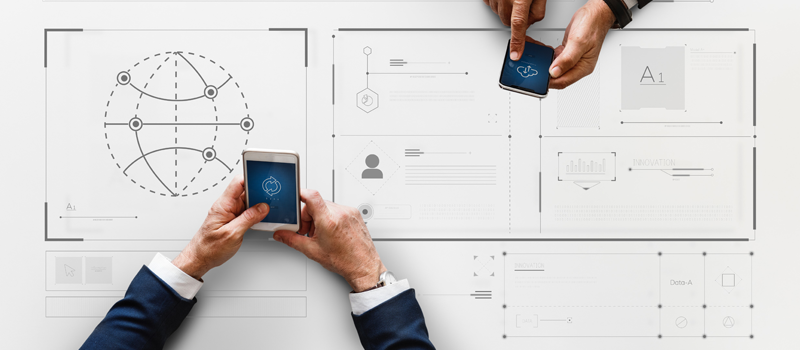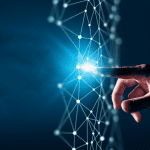
In April, in a time of definable global crisis, the ICT community stepped up around the world with energy, commitment, and above all, new ideas and approaches.
The crisis may force new ways of doing things where we fight back with creative thinking and new connections from new sources as improbable as they are inspirational. Innovation is in the frame as a success factor. We saw ideas about IoT to AI, relieving loneliness, and possibilities to conquer the digital divide by text messaging health warnings to those still left behind by online coverage.
What should industry leaders do? Commentators mused on the future of globalization post-crisis and asked if digital technology could glue things back together, even as old barriers fall. It looks like Asia-Pacific’s business frontlines will have new priorities, too. We are in the middle of a world-changing event, said one leading consultancy, and need new corporate strategy. For leaders, some said, communication to stakeholders is the key demand. Some tried to reference 2008 as a guide to the likely impact.
One Pacific telco said it wanted to emerge from the pandemic period as “smart, fast, and connected,” but commentators said telco revenues would inevitably sag on the business side, if not the consumer segment. Others saw a re-emergence of the strategic importance of telcos, predicted more customer self-service offerings, and chewed over the meaning of network traffic changes.
Inevitably, sectoral course corrections will emerge. We thought about new directions in space. We mulled LEO futures and the ability of suppliers to pivot in light of OneWeb’s failure.
A Behavioral Change?
On a human level too, questions were asked. Regulators pondered policy changes to counter pandemics and we saw telehealth pushed. But perhaps we are also now more wary of what the “new realities” will actually mean. There were demands for safeguards particularly on mobility tracking of users. Some evaluated cybersecurity implications of working from home, predicted insider breaches may increase, and warned against hacking scams. We saw bizarre connections made between the spread of the virus and the rollout of 5G. No scientific basis links the two, declared the U.N.
In an era of social distancing, experts said we may change our behaviors permanently but it’s a complicated call. Forecasters digested implications of mass remote working and revised projections for tech futures. Experts said Asia will see a pronounced, permanent shift to online education, although some predicted a new digital divide. Will we see more smart home technology or drones and robotics making household deliveries? Perhaps. The behavioral shift may have already begun. In April, experts have already described the increase in screen time usage around the planet as “tectonic” in scope.







